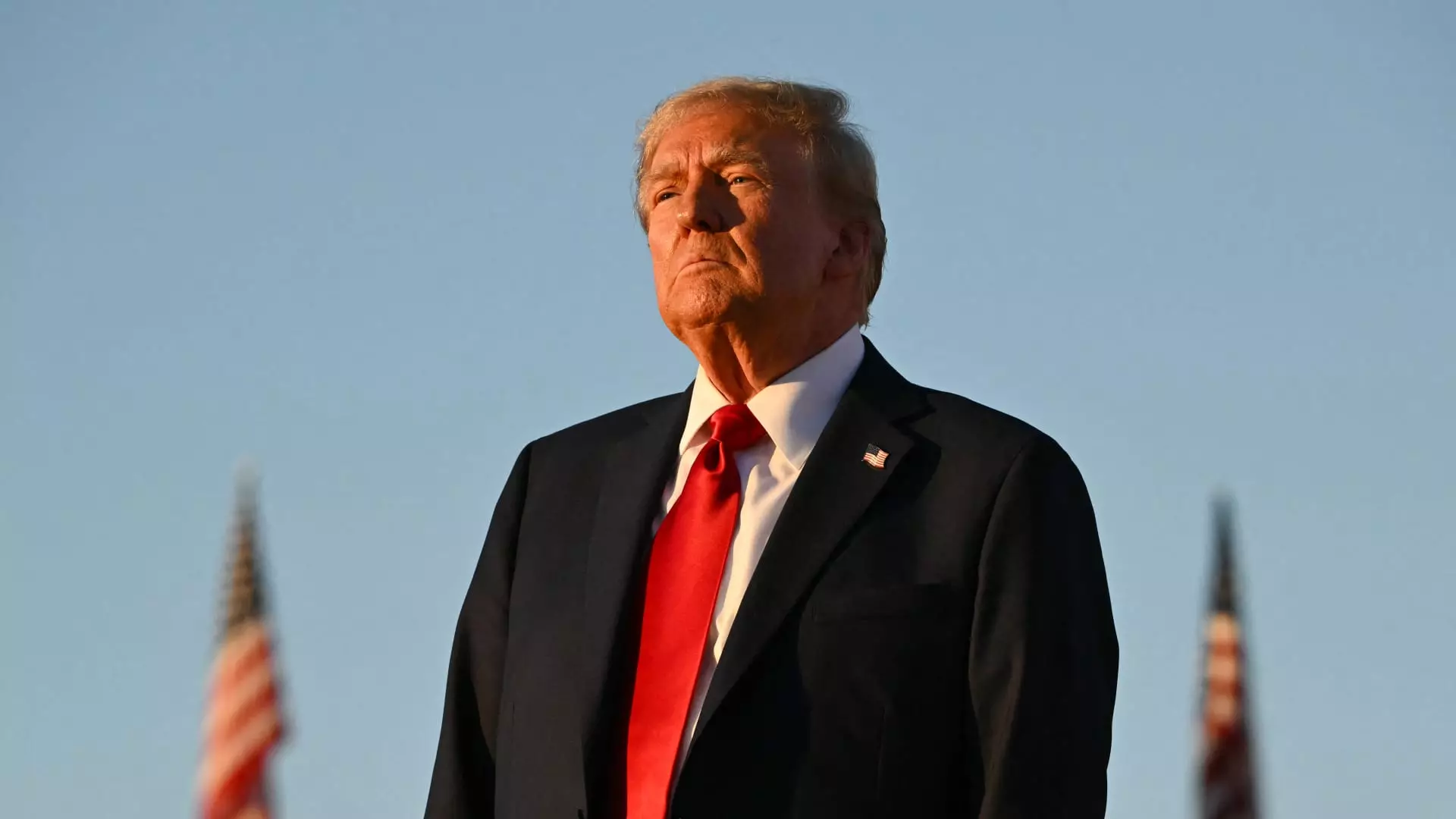In the evolving landscape of American politics, Vice President Kamala Harris recently pointedly addressed what she views as alarming rhetoric from Donald Trump, specifically related to his purported admiration for Adolf Hitler. This critique was sparked by revelations from John Kelly, Trump’s former chief of staff, who recounted unsettling comments made by Trump during his presidency. Harris’s statements, delivered from her residence in Washington, D.C., come at a crucial juncture—only weeks ahead of the presidential election, wherein the implications of leadership and political stability are paramount.
By invoking Adolf Hitler and the atrocities linked to him, Harris aimed to highlight what she perceives as the gravity of Trump’s alleged fascistic tendencies. She underscored the broader historical impacts of such ideologies, emphasizing that Hitler was responsible for the deaths of millions, which gives the discussion tremendous moral weight. Such comparisons are not taken lightly in political discourse; they serve to remind the public of the dire consequences when unchecked authority prevails. Harris argued that Trump’s desire for military loyalty diverged from constitutional allegiance, framing it as a signal of a leader who prioritizes personal loyalty over democratic values.
As early voting began, Harris stressed the urgency of these revelations for the American electorate. Her statements were not merely criticisms but rather a rallying call for voters to examine what kind of leadership they wish to endorse. By succinctly warning that individuals like Kelly might not be present to mitigate Trump’s impulses in a potential second term, Harris alluded to the idea of a government without checks and balances—a notion that should resonate deeply with those wary of authoritarianism.
Harris’s careful language painted a portrait of Trump as increasingly erratic, an assessment that seeks to resonate with voters anxious about stability and governance. The foreboding nature of her words—coupled with a pressing electoral timeline—serves to galvanize undecided voters, fostering a narrative that embraces vigorous participation in the democratic process.
While Harris’s remarks clearly articulated her stance, they also opened the floor for Trump’s campaign to respond. The patterns of conflict and dispute between these political figures underscore a highly polarized environment where rhetoric plays a critical role in shaping public opinion. Trump’s reluctance to engage directly with such accusations, or even to clarify his position through spokespeople, may indicate a strategy of defiance or a belief that the electorate will overlook such controversies in favor of his populist appeals.
In essence, Harris’s emphatic declaration about Trump’s desire for “unchecked power” ignites a more extensive conversation about leadership integrity and democratic values. As citizens approach the voting booths, the decision at hand transcends party lines; it beckons the electorate to reflect on the ramifications of their choices and the kind of leadership they envision for the future of the nation. Looking ahead, the upcoming election becomes not just a referendum on candidates but a critical juncture for defining American democracy itself.

Leave a Reply